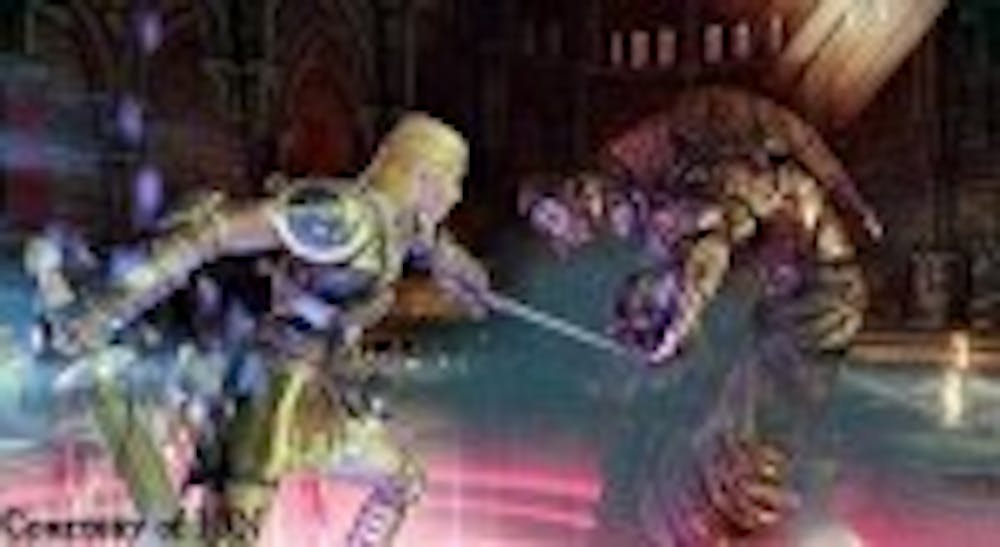For Dungeon Masters and level one wizards alike, Bioware's long-awaited king of role-playing games has arrived.
Dragon Age: Origins contains virtually all that is good in the realm of the 20-sided die, and has a bigger plot than every other RPG – the player gets a different back-story for each class and race in the game. Needless to say, this creates a ton of outcomes for character creation, just like its pencil and paper roots.
But before players toss out their coveted character sheets, they should know that there are only three races so far – elves, dwarves and humans – each of which only has three classes to choose. However, this is where the back-stories come in.
When players create their characters, they need to choose a starting social class. This background origin gives the players and the characters motivations, possible choices and personal biases throughout the game.
After players learn about the origin of a character, they must begin the quest to become a Grey Warden, which can be described as a Jedi-like peacekeeper and defender of the realm. The plot thickens when The Blight – a mysterious plague of demons – invades and eventually destroys the outpost of Ostagar, as Loghain – the game's antagonist – attempts to steal the throne and besmirch the title of Grey Warden.
As the game progresses, players encounter a multitude of recruitable non-player characters that aid in the fight against the dark spawn. Unfortunately, these characters will also be only one of three classes and lack the ability to specialize in a wider range of skills.
In the game's defense, each class has three subclasses, which create very cool, specialized characters. Yet, as far as classes are concerned, the game leaves much to be desired.
Origins plays like the classic Bioware RPG Baldur's Gate, bringing back the nostalgic, dungeon-delving days of yore. Over the top, command-driven action keeps the player involved in every battle without an excessive amount of repetitive fights.
The game runs on a system like its tabletop counterpart, but doesn't take into account everything that a pencil and paper game would. The game leaves out things like a set turn order-based on initiative, weapon speed, in-depth skill and strength checks.
Even so, the game's dabbling in the lore is apparent. From shape-shifting witches to the walking dead, the game certainly can make players' bedrooms feel like the basement their childhood sweaty, nerdy friend.
Dragon Age: Origins's replay value is through the roof, but expect to be playing all those hours by yourself. The game simply doesn't have multiplayer, an absolutely critical component of modern games.
To make-up for its lack in multiplayer, Bioware plans to release an expansive amount of downloadable content for players who haven't already lost friends and family to the game.
A multiplayer mode certainly would have made this game a must-buy, but sadly, the fate of Dragon Age: Origins is slightly less than perfection.
For those who are looking for a present for their Dungeon Master this holiday season, this game is entirely worth the money, but those who have never brushed up on their Monster Manual may find Dragon Age: Origins to be a little too D & D advanced.
For those who are entranced by the story, there are currently two novels set in the Dragon Age universe, with a tabletop port on the way. Keep an eye out for them this holiday season.
E-mail: arts@ubspectrum.com





